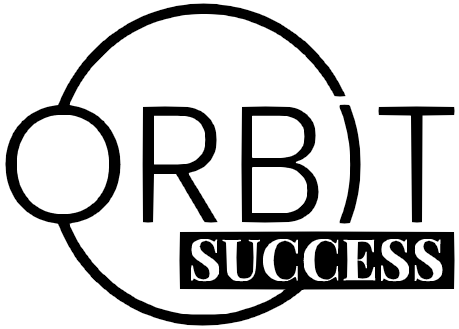You were taught by your parents to forgive. Most religions promote forgiveness. It’s a nice thing to forgive, right?
Science suggests that people who truly forgive others tend to be happier and healthier. A study published in Psychology & Health in 2019 found that forgiveness can help people get better sleep. This could lead to improved health.
So, how do you go about forgiving–especially if you have tried, but still dwell on past hurts?
Robert Enright is an educator at the University of Wisconsin Madison. He is also co-founder of The International Forgiveness Institute. Enright’s book, Forgiveness Is a Choice on forgiveness, breaks down forgiveness into five steps.
Tell us about the unfair treatment you received.
Show your anger.
Recognize that the wrongdoer is someone who does more than the offense.
You must accept that pain will never disappear completely.
Learn from the experience to find meaning and grow.
Forgiveness is not something that everyone can do, says Janis Abrahms Spring (author of How Do I Forgive You?
Spring states that we are taught forgiveness is good for us and that good people forgive. Many people are unable to forgive someone who isn’t sorry or unwilling to make amends. This is unhealthy and the only way to forgive is not. The victim is left to dwell on the wrongs he/she has done, which will make you sick .”
If you find that forgiving seems too generous, but you know you have to move on, Spring suggests these steps:
- Be free from any preoccupations about the slight. Let go of your preoccupation with the slight.
- You can stop ruminating about the unpleasant event and redirect your thoughts to something more pleasant.
- It’s not all about you. Spring states that when someone feels wronged they often feel ashamed and shattered. Sometimes, insensitive behavior is a result of the other person’s hurt, life challenges, or misunderstanding.
- You can protect yourself from more hurt. Spring advises, “Decide which level of relationship is best for you so that you are not in danger.” It is not always the best option to cut yourself off completely. Instead, set boundaries that protect you against repeat offenses.
Donna Jo Huffman
52; Chicago
My boyfriend of more than four years, who was just 19 years old, committed suicide. At the time, we had been separated for less than one year. He told me every day that if we weren’t together, it would be the end of his life. It took me five long years to come to terms the shock, loss, and guilt. First, I blamed him for his suicide. Next, I blamed myself for his suicide. Finally, I realized that I had to forgive. I realized that my boyfriend suffered from bipolar disorder and had drug and alcohol dependence issues. I couldn’t control these, which ultimately led to his death. I eventually forgiven myself for not doing more to help him, and I also forgive my boyfriend for taking his own life. After I had done this, I felt free. I was able to find a healthy relationship with my husband and happiness not long afterwards. This is something I would never have if it wasn’t for past hurts.
 Rick Lauber
Rick Lauber
54, Edmonton, Alberta
My father and me were never close emotionally. He was an older man, but I only saw him later on in his life. As a child, he had to face his own challenges. His father died when he was young. I learned that he was gentle and kind. Dad passed away in 2005 and I regret not knowing him well enough. Through writing, I was able to forgive and accept my father. I’ve written numerous articles on senior caregiving issues and two guides for caregivers. My father was never my real dad. I have tried to help others in my way of healing.
 Linda Ruescher
Linda Ruescher
64 Tampa, Florida
Due to systemic Lupus and organ failure, I was disabled for four years. To build a music program for young children, I took a low-stress position at a church in 2003. This job was a dream come true. I was trusted by the pastor to create an incredible program. I expected to remain in this happy environment until my retirement. The priest who had been there left, and the new priest with me did not get along. He fired me shortly thereafter. I was mad and hurt. I imagined myself going to the center and smashing display case with a baseball bat. I actually bought a baseball bat and went to my garage to find a large old live oak tree. While screaming, it was gone! I eventually found a new teaching job. It meant that I had to interact with the priest who fired my. I don’t need to forgive. Detachment is the best way to move on. This is how I was able to move forward.
This article appeared in the April 2016 issue SUCCESS magazine. It has been updated. Photo by
SUCCESS first published the post How To Forgive.

